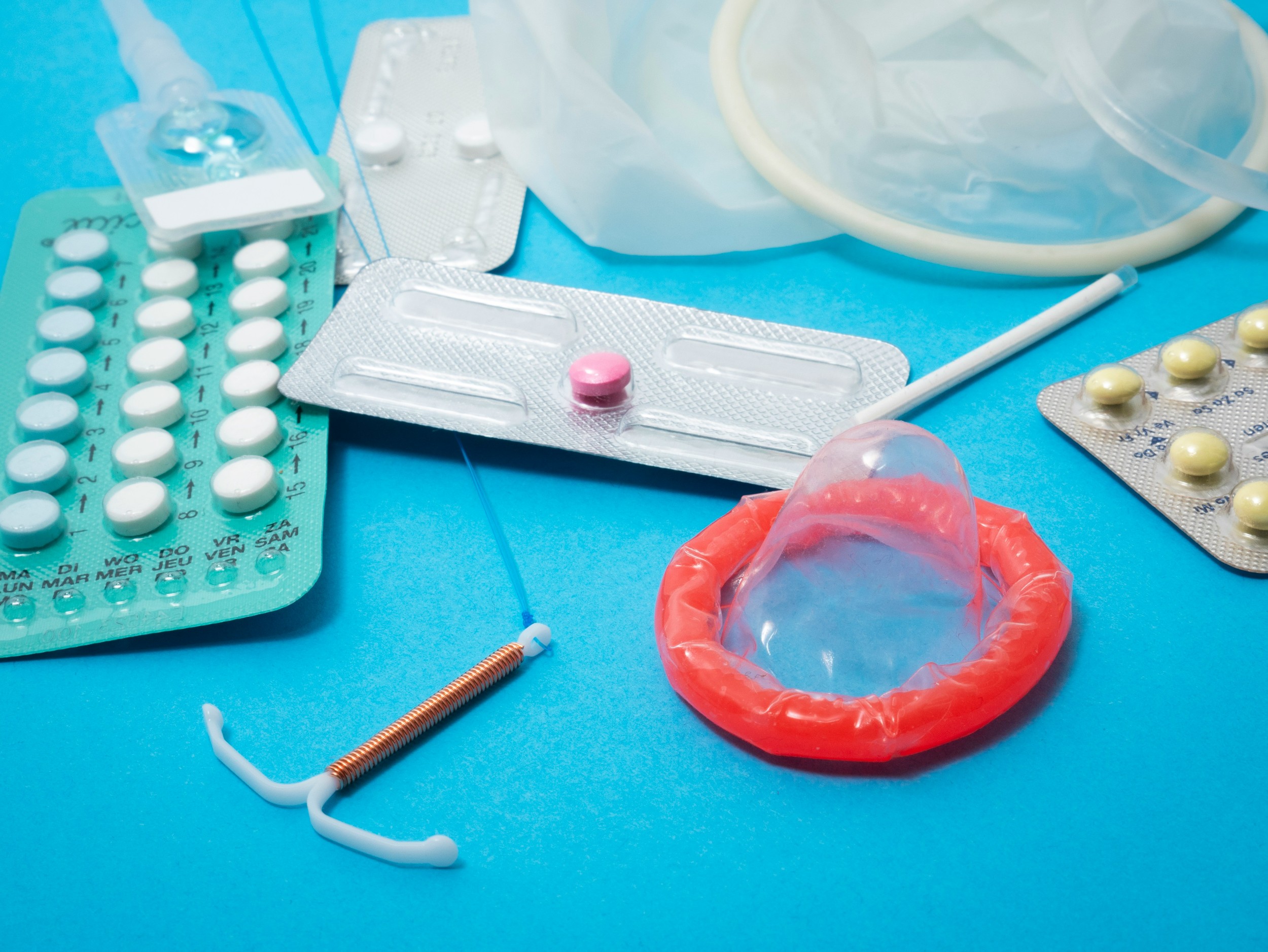Cookie notice
We offer postal STI screening via our digital partner, SH:24. You can also get testing from any of our clinics.
Sexually transmitted infections (STIs) are caused by bacteria, viruses or parasites that can be passed from one person to another through unprotected vaginal, anal or oral sex, by genital contact and through sharing sex toys. Most STIs are curable but it can take some time for STIs to show up in tests. Some, such as HIV, have no cure, but can be treated to prevent them getting worse.
Many people with STIs have no symptoms. If you do get symptoms, they can vary from obvious itchiness, soreness, rashes or redness, to pain when passing urine, discharge from the penis or vagina, and lumps or sores on the genitals. Some symptoms may also be internal - for example, pain inside your stomach or groin. Sometimes you will get no symptoms at all or the symptoms will take a long time to show. This means you could be passing infections on to other people without knowing it. The only way to know you have an infection is to have an STI test.
You can't tell by looking at someone (including yourself) whether they've got an infection, so it's important to get a check-up if you've had unprotected sex or think you might be at risk. You don’t need to have lots of sexual partners to get an infection. Safer sex involves using condoms or dams correctly every time you have sex. If you don’t use a condom or dam you are more at risk of getting a sexually transmitted infection.
If you are a Dorset resident and would like an STI screen please check to see if you are eligible for online STI testing.
If you are a Devon resident and would like an STI screen, please visit www.
If you are a Hampshire resident and would like an STI screen, please visit www.letstalkaboutit.nhs.uk.
If you are a Somerset resident and would like an STI screen, please visit www.
You’ll be offered a blood test to check for HIV, syphilis and hepatitis B as part of the medical care you’ll get during your pregnancy. You should follow the usual recommendations for testing for chlamydia and gonorrhoea. That means testing every three months if you change partners frequently, and annually if you do not. STI tests are safe to do during pregnancy. They will not harm you or the baby. You can order a test to do at home or visit your nearest sexual health clinic.
For more information about STIs, please click on the links below.
Chlamydia (also find Easy Read information about testing for chlamydia and watch a British Sign Language video about chlamydia)
Gonorrhoea (you can also watch a British Sign Language video about gonorrhoea)
Herpes (also visit the Herpes Viruses Association website and watch a British Sign Language video about herpes)
HIV (also watch the Terrence Higgins Trust video 'Stigma is more harmful than HIV)
Pelvic inflammatory disease (PID)
PrEP (reducing the risk of getting HIV)
Warts (also watch a British Sign Language video about warts)


